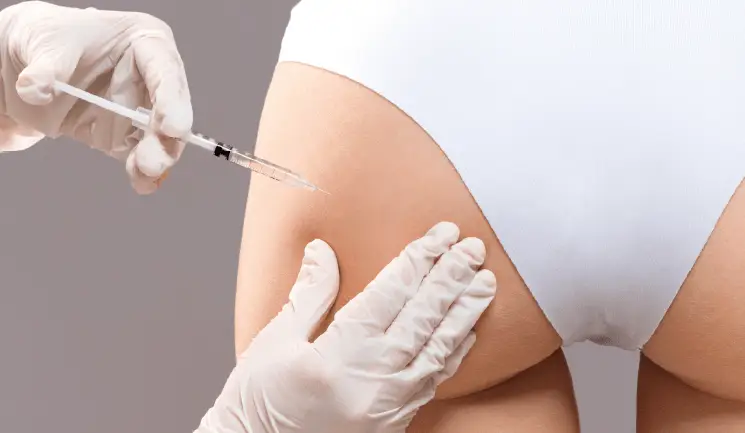Aesthetics looks at the impact of Wolverhampton Council’s prohibition notice on non-surgical Brazilian Butt Lift procedures
To access this post, you must purchase Aesthetics Journal Membership – Annual Elite Membership, Aesthetics Journal Membership – Annual Enhanced Membership or Aesthetics Journal Membership – Basic Membership.
log in
log in


